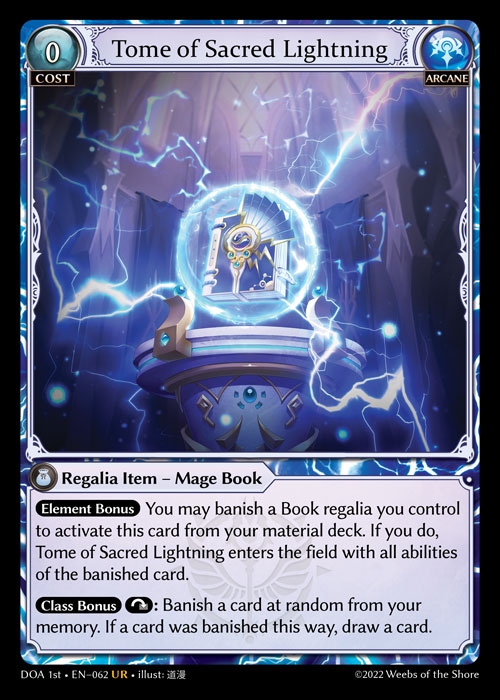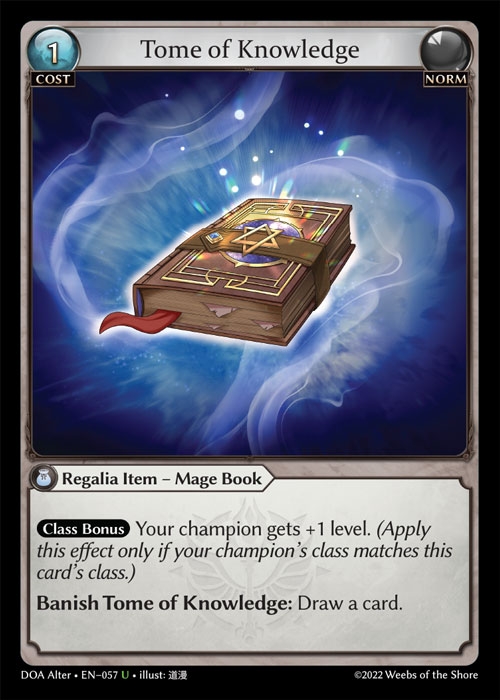Naming
General Rules:
The source of an ability is considered the object that instanced the ability on the effects stack, whether the ability was triggered or activated. If any effects are dependent upon the characteristics of the source object and that object were to no longer exist at the time the associated ability resolves, it will consider last-known characteristics or values.
Each card will always refer to itself as “this card” when it is a non-object card.
Cards will use the printed name of the card when it becomes an object.
Any references to that name are self-referential and an ability will only refer to other objects with the same name explicitly.
Each ability that refers to its source by its object name will only refer to the source of those abilities and not any other objects by the same name.
Self-referential names in the rules text of an object can be dynamically changed if another object gains that ability or becomes a copy of that object with a different name.
E.g., A Tome of Sacred Lightning that has banished a Tome of Knowledge after activation will have “Banish Tome of Sacred Lightning: Draw a card.” rather than “Banish Tome of Knowledge.”


Some cards ask a player to name a card or to choose a card name. When instructed to do so, the player must reference the desired card by name explicitly (or through a detailed description for mutual understanding). The card instructing to choose a name will consider the specified cards for its effects.
Tokens are not considered cards and can't be named.
Last updated

